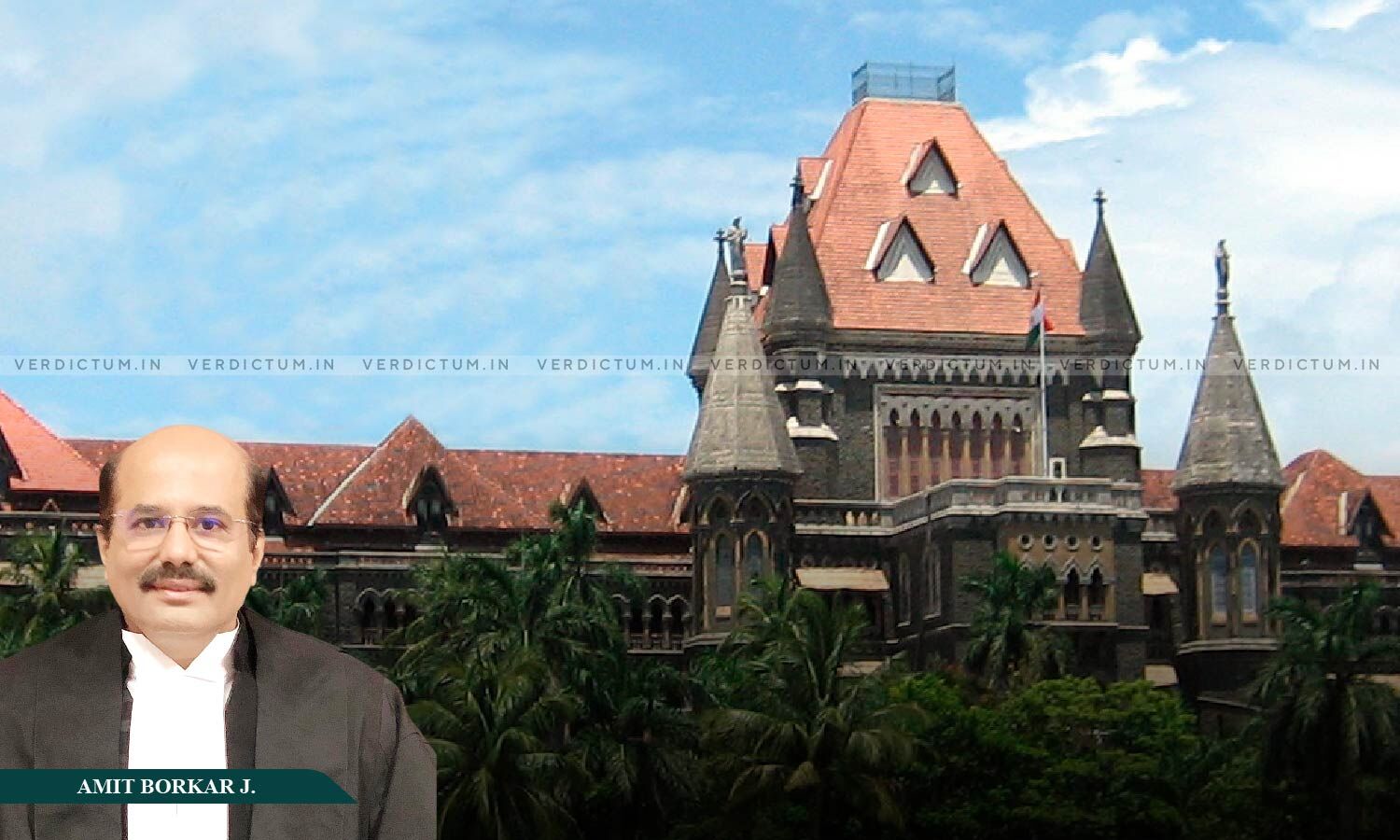Bombay High Court Grants Bail under MCOCA on Parity; Says Intention to Appeal Cannot Dilute Legal Effect of Bail Order

The Bombay High Court has granted bail to an accused under the Maharashtra Control of Organised Crime Act, 1999 (MCOCA), holding that he was entitled to the benefit of parity since a co-accused with similar role and antecedents had already been granted bail.
A Single Bench of Justice Amit Borkar observed, “It must be clarified that the mere intention or contemplation to file an appeal against a bail order does not automatically dilute the legal effect or binding nature of such order unless and until it is stayed, modified, or set aside by a higher forum.”
The Court added, “Merely stating that a proposal is ‘under consideration’ is not sufficient to deprive another similarly situated accused of the benefit of parity. There exists a well-defined procedure to challenge an order passed by this Court. If an officer of the Prosecution Department or Police Department believes that the said order deserves to be challenged, such opinion must be translated into a concrete proposal. This proposal must contain cogent and justifiable reasons, supported by the record, and must be submitted to the Law and Judiciary Department of the Government of Maharashtra within a reasonable time.”
Advocate Nitin Sejpal appeared for the Applicant, while Additional Public Prosecutor Pallavi Dabholkar represented the Respondent.
Brief Facts
The Applicant was arrested in connection with a crime registered under Sections 306, 387, 506(2), 427, 323 read with Section 34 of the IPC and Sections 3(1)(ii), 3(2), and 3(4) of the Maharashtra Control of Organised Crime Act, 1999. It was alleged that the Applicant, along with other accused, abetted the suicide of the deceased by engaging in acts of extortion, criminal intimidation, and violence.
The Applicant had previously filed a bail application, which was rejected by the Court. Thereafter, another co-accused was granted bail by the same Court. The Applicant submitted that he had been assigned a similar role as the co-accused who had been enlarged on bail, and that both had similar antecedents, and sought bail on the ground of parity.
The Respondent opposed the application and contended that the bail order in favour of the co-accused was factually incorrect and that the State intended to challenge it. It was argued that the Applicant could not rely on an erroneous bail order that was under consideration for appeal.
Reasoning of the Court
The Court noted that the co-accused had been granted bail and that no distinguishing factor was brought to its notice in terms of role or antecedents. It observed that the Applicant and the co-accused had been assigned a similar role and shared common antecedents, stating, “The applicant along with Rohit (who granted bail) have been assigned similar role. Moreover, the antecedents of both are common. Therefore, in my opinion, no other factor to distinguish their role or antecedents is brought to my notice. Therefore, the applicant is entitled to the benefit of doctrine of parity.”
The Respondent’s argument that the earlier bail order contained factual errors and was being considered for appeal was rejected, with the Court observing, “It must be clarified that the mere intention or contemplation to file an appeal against a bail order does not automatically dilute the legal effect or binding nature of such order unless and until it is stayed, modified, or set aside by a higher forum.”
The Court criticised the vague nature of the Respondent’s objection, stating, “Merely stating that a proposal is ‘under consideration’ is not sufficient to deprive another similarly situated accused of the benefit of parity.”
The Bench noted, “There exists a well-defined procedure to challenge an order passed by this Court. If an officer of the Prosecution Department or Police Department believes that the said order deserves to be challenged, such opinion must be translated into a concrete proposal. This proposal must contain cogent and justifiable reasons, supported by the record, and must be submitted to the Law and Judiciary Department of the Government of Maharashtra within a reasonable time.”
The Court further stated that the Government must give a reasoned decision, and observed, “It is expected that the officer or authority who considers such proposal at the government level should pass a reasoned order either granting or refusing permission to file such appeal.” The Court added, “A bare, one-line note stating that permission is ‘not necessary’ cannot be considered sufficient compliance.”
Consequently, the Court allowed the application and directed that the Applicant be released upon furnishing a surety and bond.
Cause Title: Chetan Kisan Patil v. State of Maharashtra (Neutral Citation: 2025:BHC-AS:24024)
Appearance:
Applicant: Advocates Nitin Sejpal, Pooja Sejpal, Akshata Desai, Siddharth Gharat
Respondent: Additional Public Prosecutor Pallavi Dabholkar




